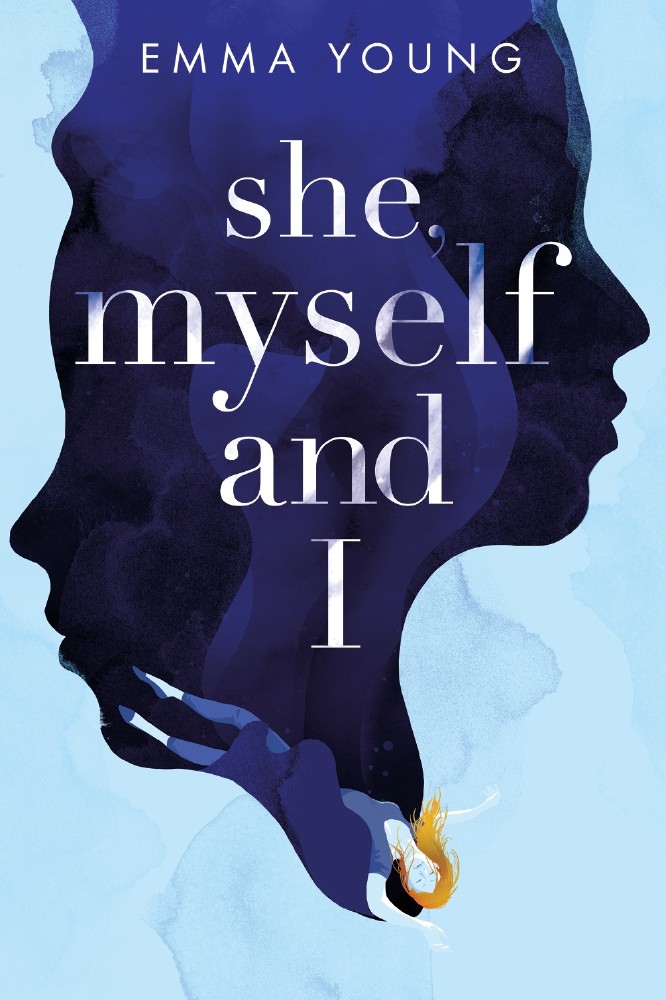General knowledge about psychology Psychopathy, anger, empathy, Dissociative Identity Disorder… As a science journalist with a degree in psychology, I’ve written about countless psychology topics over the years. Since psychology is the study of how we think, feel and behave the way we do, that's hugely helpful for any kind of fiction.

Emma Young
The macabre background to head transplantation is something I was aware of, thanks to my job. I first read about early French and Russian experiments involving dogs years ago. So when Italian surgeon Dr Sergio Canavero announced in 2013 that he was preparing to perform the world's first human head transplant, my first thought wasn’t so much ‘What?’ as ‘With a tweak, an operation like that might form a really interesting foundation for a novel exploring identity.’ (Though, no, my thought probably wasn’t quite as neatly formulated at the time…) *
Access to restricted military brain research A few years ago, I was commissioned by a science magazine to write a feature on how zapping the brain with electric shocks can improve mental focus, memory and even creativity - and how it’s being used in rehab for patients who’ve suffered a major brain injury. In the course of research for the story, I was allowed into US Air Force labs and research facilities at a major rehab hospital. I learned first-hand about some of the techniques that I then used to help my fictional character, Rosa, recover from the transplantation of her brain into a donor’s body. (Rosa was dying; an experimental brain transplant was her only hope.) I also learned about state-of-the-art physical rehab equipment, which I also feature (in the background) in the novel.
Insights into what makes you ‘you’? Who are you? And what would have to change for you to become a different person? Your memories? Your personality? Your body? A combination of the three? There’s some fascinating psychological research going on in to what gives us the sense of who we are (including work at Yale University, in the US, on what constitutes the 'true self’). This specialist knowledge was really useful for the novel.
Knowledge about ‘catching emotions’ We transmit signals about our emotional states all the time. No matter what you’re saying, if you’re feeling anxious, say, your posture, your tone of voice, your facial expression and even your body odour will be sending a powerful ‘ANXIOUS’ message out to everyone around you. Not only will they pick up that message instantaneously, but it will affect how they are feeling - without them even being aware of it. In other words, emotions - which drive behaviours - are contagious. We tend to think of ourselves as existing independently of others. But we don’t, really. My knowledge of research in this area, gained in the course of writing another feature for a science magazine, also fed into the novel.
* Canavero is yet to perform this operation.


